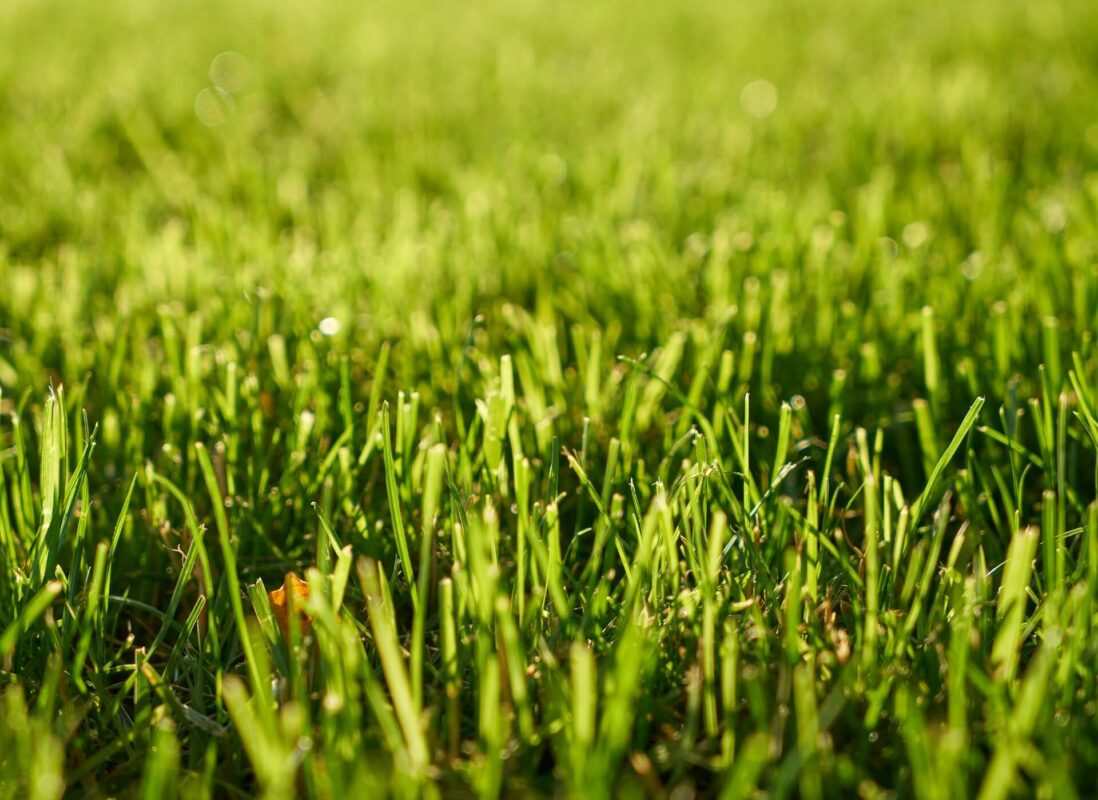Another Reason Not to Purchase Grass Seed From Big-Box Stores

Big-box stores. Love ‘em or hate ‘em, these behemoth structures have become a common part of our culture. Whether you’re looking for motor oil, toothpaste or a pair of socks, no other place offers such a wide variety of goods in such a centralized area. Low prices along with convenience entice many folks to their cavernous aisles. But is it really a good idea to purchase everything from these superstores? One reason these retailers are able to offer products at such a low cost is because they tend to skimp on quality. This can easily be seen in the garden center of your local big-box store. What looks like a great deal on a bag of lawn seed can be, pardon the expression, a snake in the grass.
The Seed Label
So what makes these big-box store seed blends undesirable? The answer can be found on the seed label. The seed label contains specific and valuable information about the contents of the seed mix as required by law. A seed label will contain the variety/kind (species and cultivar) of seed used in the mix, purity, germination percentage, origin, inert matter percentage, weed seed percentage and other crop seed percentage. It will also specify if the mix contains any noxious weeds. While I’ve covered the importance of selecting the best cultivars and why big-box store seed brands choose not to sell high quality seed varieties, I want to focus on the “other crop seed” part of the seed label.
“Other Crop Seed”
The code of federal regulations states that “seeds of plants grown as crops (other than the kind(s) and variety(ies) included in the pure seed) shall be considered other crop seeds, unless recognized as weed seeds by applicable laws, or regulations, or by general usage.” So what does this mean? Basically, any other grass that’s not classified as a weed can be thrown in this category. This includes orchardgrass and other pasture type grasses as well as the dreaded Poa trivialis, or rough bluegrass. However, most folks will agree that a weed is any plant that is growing in an undesired area. In other words, that cheap bag of lawn seed at the big-box store you picked up and put in the shopping cart next to your motor oil, toothpaste and pair of socks has a good chance of producing a patchwork quilt-like lawn full of light-green spots and varying textures.
How Much “Other Crop Seed” is Too Much?
Because the “other crop seed” part of the seed label is so vague, it’s difficult to determine just how risky the outcome of planting that particular blend will be. How much “other crop seed” is too much? That depends on what your expectations and standards are for a lawn. “Other crop seed” could be harmless perennial ryegrass, or it could be the more detrimental Poa trivialis, orchardgrass or some other type of pasture grass. For example, a big-box store Kentucky bluegrass blend with an “other crop seed” of 0.50% could contain around 30 Poa trivialis seeds per square foot. A big-box store tall fescue blend with an “other crop seed” of 2.00% would result in 55 or more undesirable seeds per square foot of lawn, not to mention any noxious weeds the blend contains. It doesn’t take much “other crop seed” to ruin a whole bag of lawn seed.
Invest in Quality Seed Blends
While it’s extremely difficult to ensure a blend is completely void of “other crop seed”, here at Nature’s Finest Seed our quality controls include custom cleaning, followed by purity and viability testing performed by independent seed laboratories. Our premium lawn seed blends typically contain between 0.00-0.04% “other crop seed”.
Big-box stores have their positives and negatives, but there’s one thing for sure. Don’t purchase your grass seed from them. Your lawn is meant to last a lifetime and beyond. Take extra care to invest in the best grass seed possible.

